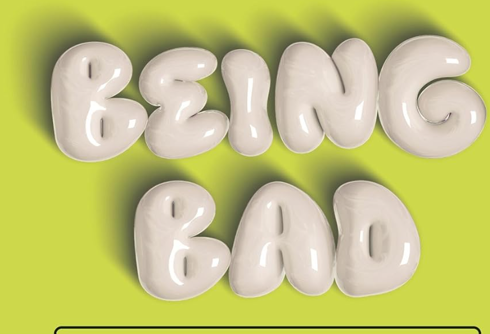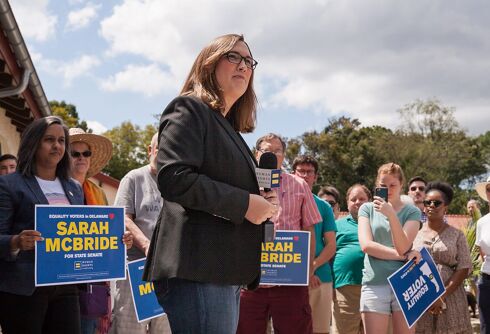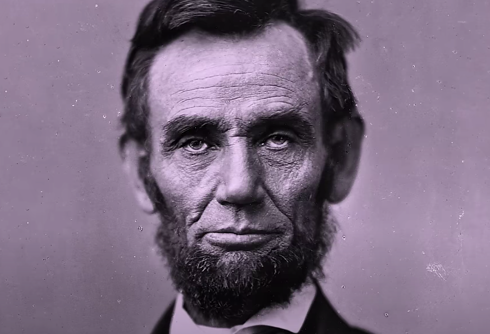Transgender Americans “feel more hopeful” about the 2024 election since President Joe Biden has exited the race, according to a new poll by LGBTQ+ health organization Folx.
Sixty-eight percent of transgender individuals reported feeling “more hopeful” than when Biden was still in the race. Hopefulness among transgender individuals rose by 34% after Biden dropped out, from 14% to 48%.
Related:
Federal court allows Iowa to enforce anti-LGBTQ+ book ban, but questions remain
The court agreed that the ban may harm kids, leaving the door open for continued legal challenges.
Still, a whopping 92% of trans respondents said that they feel anxious about the upcoming election, higher than 68% of women voters.
Never Miss a Beat
Subscribe to our newsletter to stay ahead of the latest LGBTQ+ political news and insights.
The number of trans people who reported feeling enthusiastic increased significantly when Vice President Kamala Harris became the Democratic nominee, from 8% to 32%.
LGBTQ+ issues are the most important issue for trans voters this election, with 63% of respondents over 35 and 43% of respondents ages 18 to 34 saying it was the most important issue. Threats to democracy – with 18% for those over 35 and 31% for those 18 to 34 – and inflation – with 5% for over 35 and 12% for those 18 to 34 – were the other two most important issues.
Eighty-nine percent of respondents reported “extreme concern” about what kind of an impact a second Trump term would have for the LGBTQ+ community. The majority, 76%, of respondents said they had taken at least one protective measure due to their concerns about the election, such as expediting getting gender-affirming care, getting a passport renewed, or getting legally married.
Other significant findings from the survey, unrelated to the election, are that one in five respondents lost access to healthcare as a result of anti-LGBTQ+ bills. Two in three reported frequent mental distress, yet 55% could not access mental healthcare, primarily because finding a provider that was LGBTQ+ affirming was difficult.
The study was conducted via an online survey and recruited from FOLX emails as well as social media, leading to 1502 people responding who identified as “gender diverse, transgender, trans, nonbinary, genderqueer, Two Spirit, gender nonbinary, and/or having a gender that is different than the one assigned to you at birth.”
The past couple of years have seen a wave of anti-LGBTQ+ bills introduced and supported by the Republican party, many of which target trans individuals. The Trans Legislation Tracker reports that 638 bills have been introduced across the country targeting trans people, 45 of which have passed and 127 which are still active.
The number is “more than any other year on record. That makes this the fifth consecutive record-breaking year for total number of anti-trans bills considered in the U.S,” the website notes.
Don't forget to share:














